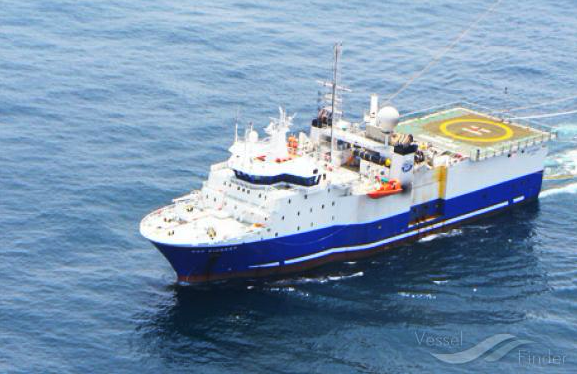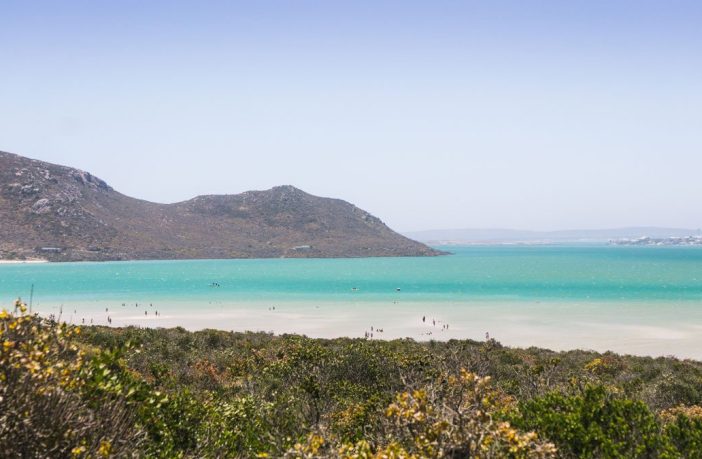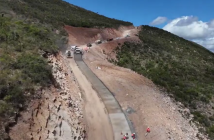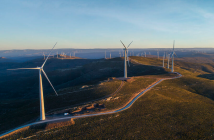- We Are South Africans (WASA), a civil society movement in South Africa has begun the legal process to seek an interdict to stop Australian company, Seismic Searcher from its planned 2D/3D seismic survey on the Western Cape coast.
- This follows a recent successful interdict to stop Shell from carrying out a seismic survey off South Africa’s Wild Coast. Read more
A Reconnaissance Permit in terms of Section 74 of the Mineral and Petroleum Resources Development Act (No. 28 of 2002) by the Petroleum Agency of South on 9th November 2021, was granted with an effective date of 6 December 2021. Seismic Searcher claims to have included a formal 30-day public review and comment period, none of which we can find or a single news article related to this. The permit is valid for a period of 1 year and is not renewable or transferable.
The project is in collaboration with the Petroleum Agency of South Africa, an organisation that promotes exploration for onshore and offshore oil and gas resources and their optimal development on behalf of government.

BGP PIoneer is en route to the port of Cape Town, South Africa and expected to arrive there tomorrow evening, Jan 15, 21:00. Image credit: Vessel Finder
The survey could last up to 180 days. The vessel M/V BGP Pioneer will carry out the survey, supported by M/V Marianne-G while NBP Pioneer will be towing a source array and 1 streamer cable, extending up to 12 km long, astern of the vessel and approx. 8m below sea surface.
In 2D seismic surveying both the blast and sound detectors (numbering up to a hundred or more per charger) are moved along a straight line. In 3D seismic surveying the sound detectors (numbering up to a thousand or more) are spread out over an area and the blast is moved from location to location through the area. Seismic testing involves sending regular “blasts” under water in short sequence to create a map of the surface and sub-surface.
The noise generated can reach 250 decibels as the sound waves generated by the blast penetrate the seabed. In comparison, the loudest whale noises range between 140 and 190 decibels.
This sound is proven in multiple peer-reviewed research papers to disturb, scare and alter marine life such as separating whales and their calves. This affects the endangered African Penguin, two subspecies of Blue Whales, the Antarctic Blue Whale and the Pygmy Blue Whale, the protected Southern Right Whales, Bryde’s Whales, Loggerhead Sea Turtles, Orcas and multiple Shark species all found along the Western Cape coast.
“These survey will be detrimental to our tourism industry and will also affect our fishing industry and communities off the West Coast, such as our famous snoek”, said Gilbert Martin
Founder, We Are South Africans. “We demand that this survey be halted with immediate effect!”, he added.
BGP PIoneer, currently sailing under the flag of Panama, is en route to the port of Cape Town, South Africa, sailing at a speed of 9.6 knots and expected to arrive there tomorrow evening, Jan 15, 21:00. The crew, no doubt, can expect a frosty reception.
Sign the petition to stop the survey HERE
Author: Bryan Groenendaal











